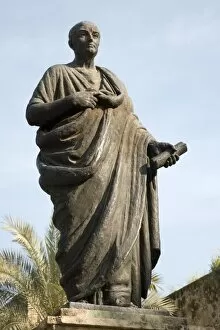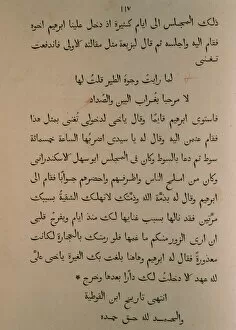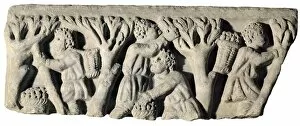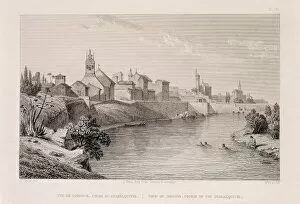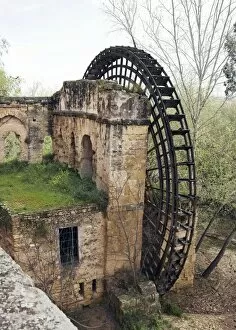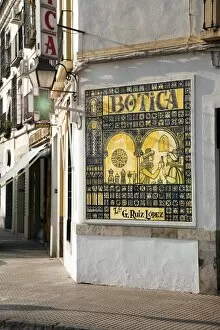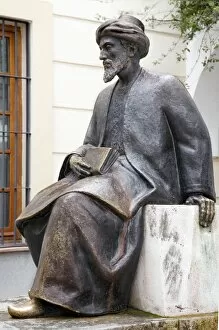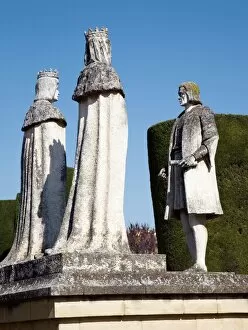Cordoban Collection
"Cordoban: A Tapestry of History, Culture, and Innovation" Step into the enchanting world of Cordoban, a city steeped in rich history and cultural significance
For sale as Licensed Images
Choose your image, Select your licence and Download the media
"Cordoban: A Tapestry of History, Culture, and Innovation" Step into the enchanting world of Cordoban, a city steeped in rich history and cultural significance. From its origins as a Roman settlement to its golden age under Islamic rule, Cordoba has been witness to remarkable individuals and extraordinary achievements. One cannot mention Cordoba without acknowledging Seneca, the renowned Roman statesman who was born here. His wisdom and philosophical teachings continue to inspire generations even today. The conquest of Al-Andalus by Ibn al-Qutiyya serves as a testament to the city's resilience and strategic importance throughout history. This pivotal event shaped not only Cordoba but also the entire region. As you wander through this captivating city, you'll come across fragments of bas relief depicting olive harvests from late 3rd-century Rome. These intricate mosaics tell stories of ancient agricultural practices that have stood the test of time. No visit to Cordoba is complete without marveling at the awe-inspiring Mezquita (Mosque). The Dome of the Mihrab stands tall as an architectural masterpiece showcasing Islamic influences fused with Christian elements. Roman mosaics dotting the landscape remind us of their enduring artistic legacy. These intricate designs transport us back in time while highlighting their mastery in craftsmanship. The Great Mosque of Cordoba stands proudly as a symbol of religious tolerance during its construction in the 8th-9th century. Its breathtaking beauty continues to captivate visitors from around the world till this day. Gazing upon Guadalquivir river through an etching from 19th-century Cordoba evokes a sense of tranquility and nostalgia for simpler times when life flowed gracefully along its banks. Cordoba's ingenuity shines through with its Islamic waterwheel - an engineering marvel that harnessed nature's power for irrigation purposes centuries ago. Witnessing this innovation firsthand leaves one awestruck.

